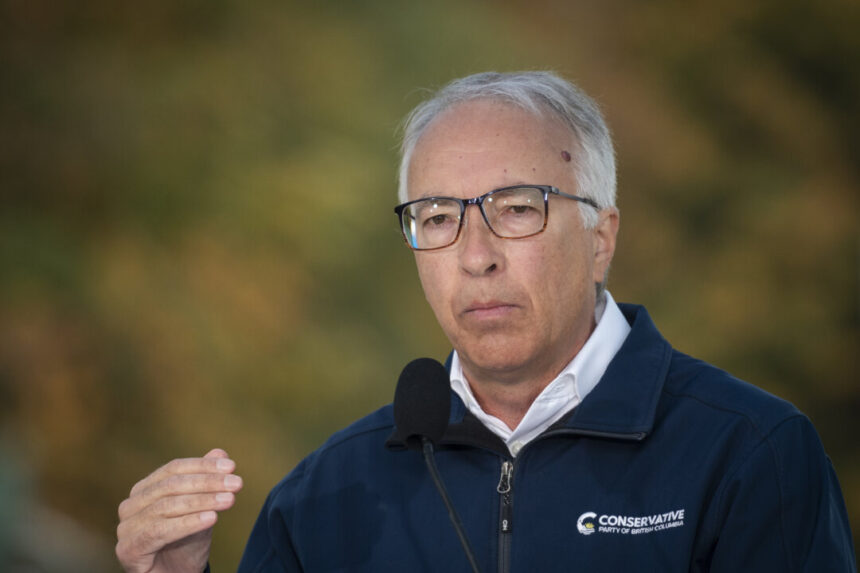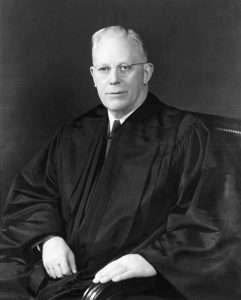Commentary
There has been a growing weariness among people towards cancel culture, which has been tearing down the careers of prominent celebrities and politicians over politically incorrect social media posts.
Twitter (now X) has become a primary platform for individuals to face backlash over seemingly innocuous posts. It is a platform that encourages quick and candid statements, allowing people to express their opinions or reactions to a large audience in a matter of seconds. However, this nature of the platform has created a minefield where reactionary mobs eagerly await the opportunity to pounce on public figures for breaking what they deem as acceptable norms.
One of the most notable backfires of cancel culture occurred in the case of BC Conservative Party Leader John Rustad. When Rustad drew the ire of online outrage mobs for retweeting a controversial view, the backlash led to his removal from the BC Liberal Party caucus. Surprisingly, this did not spell the end of Rustad’s career but instead propelled him towards a path where he is now a contender for B.C.’s next premier, challenging NDP Leader David Eby.
By October 2023, Rustad’s Conservatives had surpassed the BC Liberals (now BC United) in the polls and secured party status in the legislature. The momentum continued, with Rustad’s party gaining a significant lead over BC United, prompting Falcon to suspend the party’s campaign, endorse the Conservatives, and exit political life. The demise of BC United coincided with the remarkable growth of the Conservatives under Rustad’s leadership.
While Rustad is recognized as a strong political figure and communicator, his ascent from the fringes to the forefront of B.C. politics was unexpected. The attempted cancellation of Rustad ironically fueled his political machine and ultimately led to the downfall of BC United. This serves as a lesson for politicians that surviving cancellation attempts can lead to unexpected success.
Voters are increasingly fatigued by politically motivated character assassinations and are eager to hold cancelers accountable. The public demands accountability for present actions rather than past social media posts, highlighting more pressing issues such as foreign interference in Canadian politics. The decline of cancel culture signals a shift in public sentiment, urging activists and politicians to focus on substantive issues rather than trivial controversies.
Views expressed in this article are opinions of the author and do not necessarily reflect the views of The Epoch Times.
Please rewrite this sentence for me.
Source link






